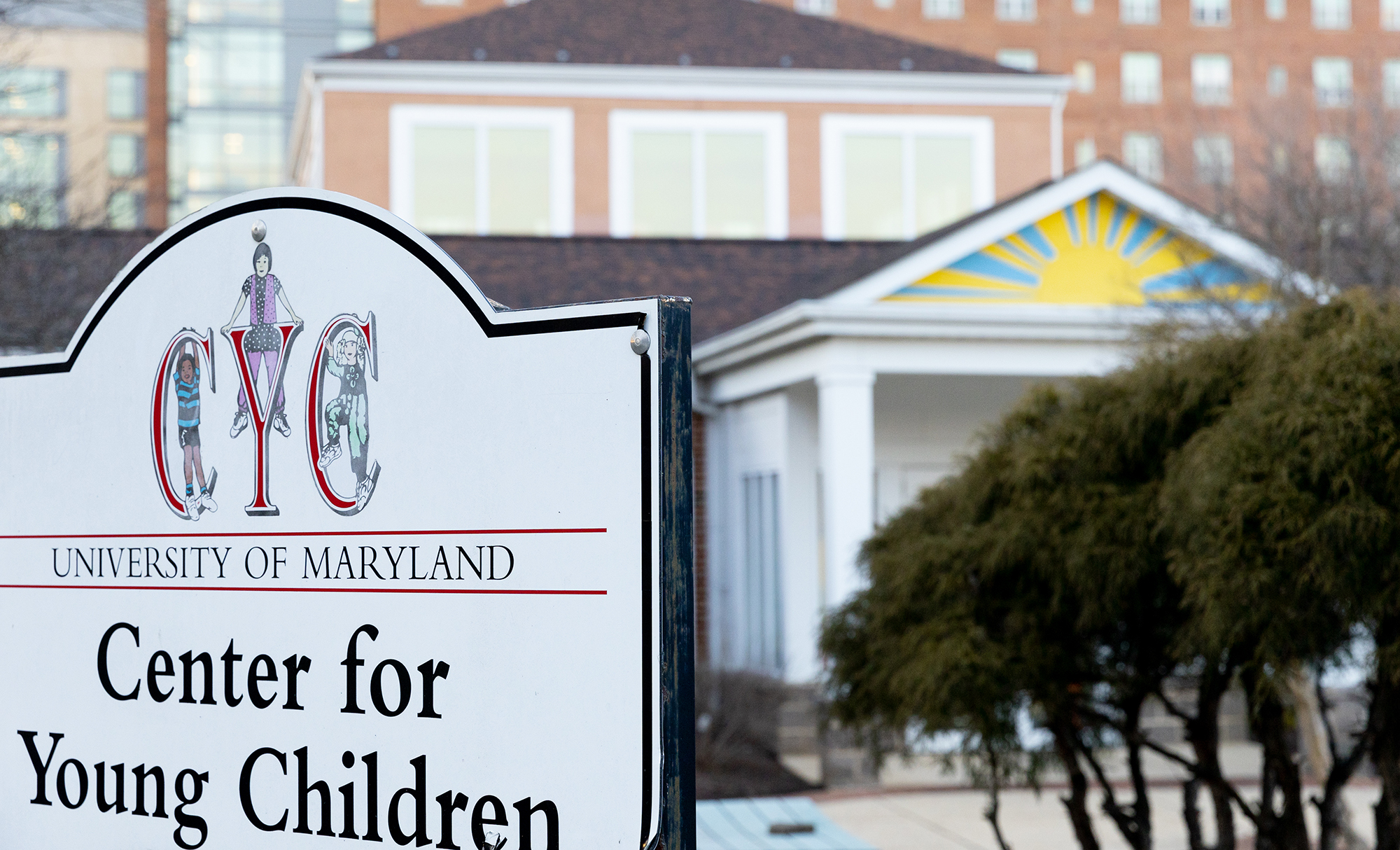Views expressed in opinion columns are the author’s own.
In April 2024, the University of Maryland updated its graduate student parental accommodation policy to extend parental leave from six to eight weeks. Despite this university’s recent attempts to improve support for student parents, it still isn’t enough.
When the change was announced, feelings were mixed among myself and my graduate student peers. This policy change served as a reminder of the ways graduate students often do not receive sufficient paternity leave support.
When a child is born, a person’s life changes immeasurably, often for the best. While one life has just begun, graduate students now must face the fact that they are now unwelcome in academia.
While the United States has horrific paternity leave policies in general, student parents are stuck in a particularly precarious situation. This university needs to develop policies and practices similar to Towson University to adequately support student parents.
Academia’s current structure is not suited for graduate parents. In 2019, when I started my doctoral program in Government and Politics at this university, I witnessed firsthand the inequalities that exist in higher education.
Being a first-generation college student could not have prepared me for the inequalities I experienced when I started my PhD program as a single mother to a 3-year-old son and a 5-year-old daughter.
The U.S. is one of the worst countries in the world for maternity leave policies, with zero guaranteed paid maternity leave. Even the Family and Medical Leave Act only entitles eligible employees to take unpaid leave for up to 12 weeks for family care, including the birth or adoption of a child.
The dismal stipends offered to graduate students create more obstacles for student parents. As of July, graduate assistant stipends at this university ranged from around $17,500 to $36,500 per year.
In Maryland, the average cost of childcare is $15,300 annually. Given low pay and the likelihood of only receiving unpaid leave, the prospect of having children while in graduate school is not financially feasible.
Beyond the issues of parental leave and low pay, we have yet to account for the physical requirements of childbirth, which requires a six-week minimum postpartum recovery period. According to the American Pregnancy Association, it can take up to eight weeks to recover from a cesarean birth, while others suggest it takes six months to a year.
Some universities, like Towson University, have found ways to support graduate student parents. Towson participates in the federal Child Care Access Means Parents in School program, which provides childcare subsidies, parent workshops, academic assistance, textbook loans and additional resources to student parents.
Childcare subsidies help equalize access to on-campus childcare, making it easier to attend classes and development events on campus with a lowered financial burden.
Before I accepted my offer of admission to UMD I was told that the Center for Young Children offered a sliding scale to graduate students, but when the grant funding ended so did this program.
Recruiting a diverse student body at this university requires working towards initiatives like childcare subsidies and academic assistance to support student parents. Adopting a policy similar to Towson’s would allow for the recruitment and retention of all students.
The reality is nearly one-third of graduate students are parents! Supporting parents means supporting innovation, and that starts with adopting policies that seek to combat the challenges student parents face.
Towson University has shown that there is something better. This university made strides over the last several years in supporting parents, but more can be done by changing the culture around student parenthood.
This university must develop policies that protect graduate students and provide for adequate paid leave. It has to create new modified leave duties, provide childcare subsidies, access to workshops, advisors and other support mechanisms.
Innovation in research requires innovation in accommodating a diverse student population, and this includes student parents.
Autumn Perkey is a government and politics doctoral student. She can be reached at perkey@umd.edu.



